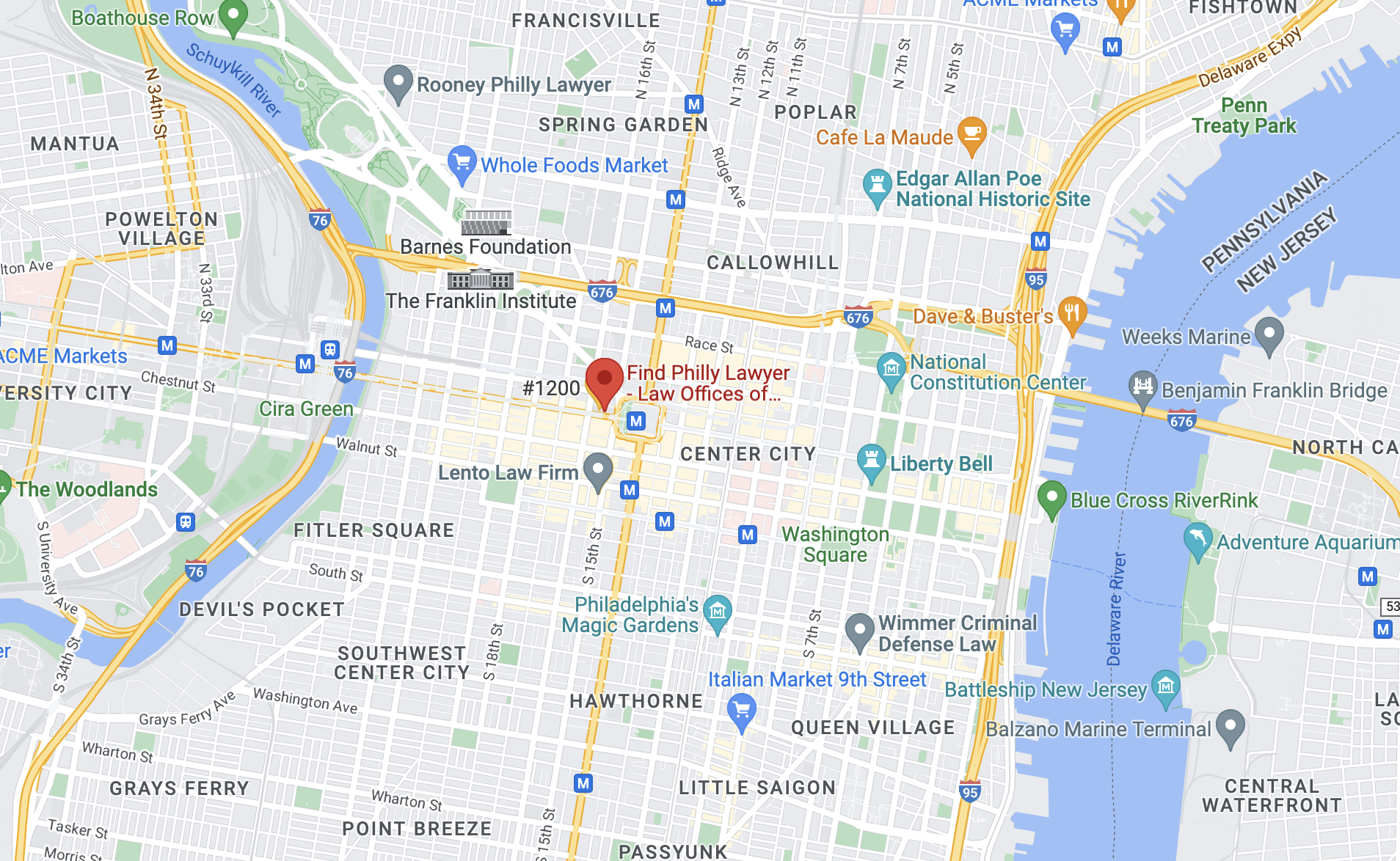The University of Pennsylvania (UPenn) is one of the most esteemed institutions that students can attend within the state and even across the nation. As a result, UPenn takes matters of academic integrity extremely seriously. Failing to adhere to UPenn’s code of academic integrity could result in a variety of disciplinary measures that can permanently affect your academic career. If you attend the University of Pennsylvania and you are facing an academic hearing, consult with an experienced Philadelphia academic hearing attorney for UPenn students.
The Liberty Law Team recognizes the importance of having a pristine academic record, and we are here to help you pursue a desirable outcome for your academic hearing. To schedule a free legal consultation, contact the Law Offices of Lonny Fish at (215) 826-3314, or contact us online.
UPenn Academic Code of Integrity
The University of Pennsylvania places a high emphasis on ensuring that all students that attend the institution adhere to the code of academic integrity. UPenn states in its code of conduct that the institution values the pursuit of knowledge and requires all students to exhibit honesty in all academic projects they undertake.
UPenn categorizes acts that violate the code of integrity as acts of academic dishonesty that have no place in an academic setting. The following is a list of illicit actions that UPenn considers academic dishonesty.
Cheating
Cheating occurs when a student accesses unauthorized material in order to earn a better grade on an assignment or examination. For example, if a student uses their cellphone to search for answers to an examination without the consent of their professor, they can be held accountable for cheating.
In some cases, a student can even be held liable for attempting to influence another student to engage in cheating by using unauthorized academic material.
Fabrication
Students who attend college are no strangers to being asked to perform complex research projects. These projects often require students to spend hours finding suitable data that can be used to support their research. However, if a student is having great difficulty locating material for their research project, considering the fabrication of data would be a poor idea.
Fabrication of data occurs when a student creates or alters data that supports the conclusion they wish to convey. For example, falsely increasing the statistics for crimes for a criminal justice project can result in severe consequences.
Plagiarism
Utilizing the work of other students or scholars without their consent can result in a student committing plagiarism. Plagiarism can occur in a number of ways:
- Slightly altering information written by another person to mask its source
- Passing off information created by others as your ideas
- Failure to use quotation marks when directly citing the work of another
Multiple Submission
To avoid performing additional work on similar projects, a student may attempt to resubmit the material they used for another assignment. For example, if a student takes multiple criminal justice courses, it is improper to submit the same work for each class without the consent of the professors teaching those courses.
Unfair Advantage
Having an unfair advantage over another student can be interpreted in a variety of ways. For example, if a student attempts to bribe a professor for access to examination materials, this can lead to an unfair advantage. Other examples of unfair advantage include:
- Claiming a disability or illness to receive more time or other accommodations during an examination
- Attempting to distract a student to affect their score in an academic exercise
- Hiding or destroying library materials to keep other students from needed information
- Continuing to answer questions after the end of an examination
There are other types of academic integrity violations that can cause a student to violate the code of conduct.
If a student violates UPenn’s code of academic integrity, they may face an investigation from the Office of Student Conduct. Only a faculty member may bring a claim of academic integrity to the Office of Student Conduct (OSC). After a complaint is brought to the OSC and the OSC determines the validity of the claim, the student will receive instructions regarding the details of a disciplinary hearing.
Disciplinary hearings conducted by the OSC follow different procedures than those in a civil or criminal court. As a result, an attorney retained by a student must adhere to the procedures set by the institution. Additionally, while we cannot speak for a student during a disciplinary hearing, we can help you gather evidence, formulate a defense, and perform various other tasks to give you a sufficient opportunity to defend yourself from allegations of academic dishonesty.
Our Skilled Philadelphia Academic Hearing Lawyers are Ready to Work with You
If you were accused of violating UPenn’s code of academic integrity, contact an experienced Philadelphia disciplinary hearing lawyer for UPenn students. Criminal defense lawyer Lonny Fish possesses extensive experience litigating a variety of legal claims, and he would be pleased to use this knowledge to help you fight your academic integrity hearing. To schedule a free case evaluation, contact the Law Offices of Lonny Fish at (215) 826-3314.



 Liberty Law Team
Liberty Law Team  (215) 826-3314
(215) 826-3314 lonny@libertylawteam.com
lonny@libertylawteam.com





